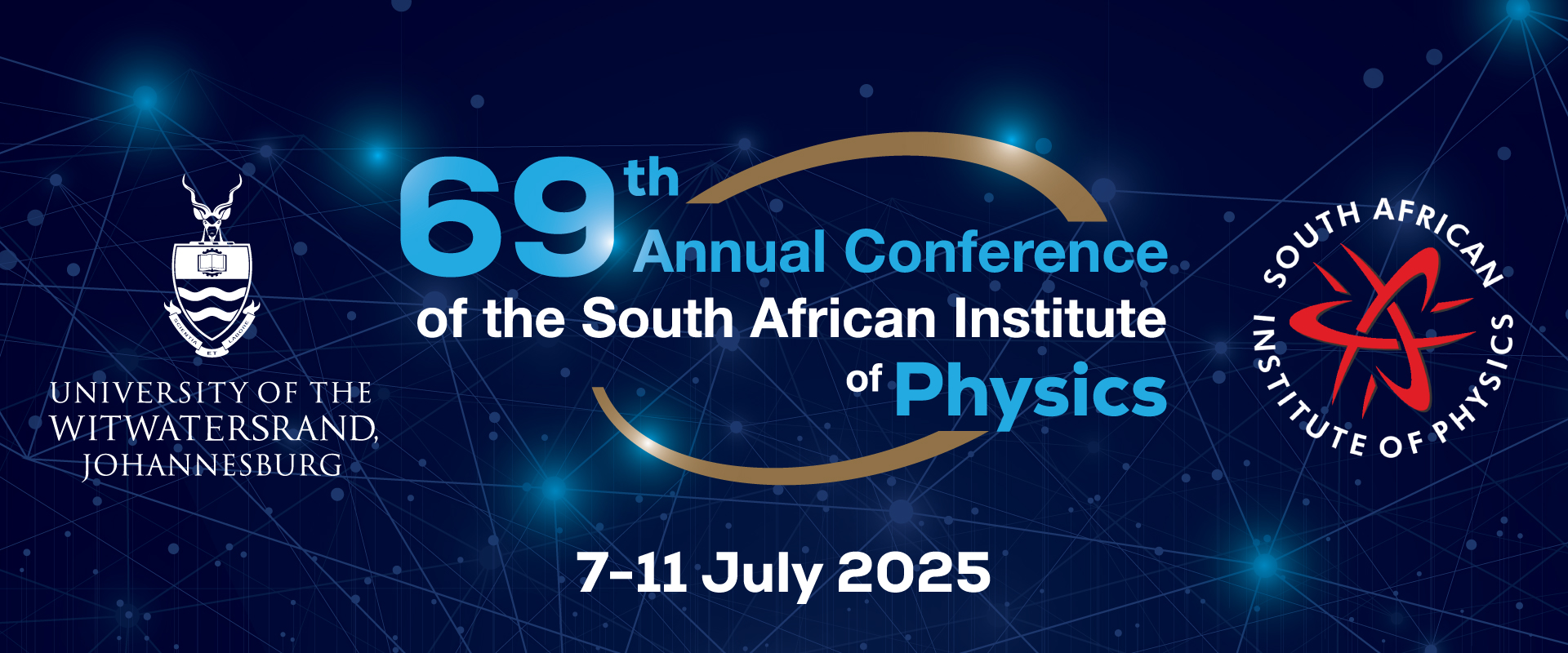Speaker
Description
The Large Hadron Collider (LHC) is undergoing a high-luminosity upgrade to increase its luminosity, affecting the ATLAS detector and, consequently, its hadronic Tile-Calorimeter (TileCal). As part of the ATLAS Phase-II Upgrade to adapt to the new high-luminosity environment, the TileCal is upgrading its low-voltage power supplies (LVPS) that power its on-detector front-end (FE) electronics. Over 1000 boards (Transformer-coupled buck converters) housed within the LVPS will be manufactured in South Africa. Quality control is crucial due to the limited access to the boards once installed in the inner-barrel of the TileCal. A board failure would result in offline FE electronics, degrading detector performance. This study aims to improve the current quality control procedure by integrating machine learning techniques as anomaly detection models. The analysis is based on production data collected from 1032 LVPS boards, functional parameters are measured using two test bench stations to ensure that the boards operate within the specified design limits. By comparing the measurements obtained from the two test bench stations, both with and without the inclusion of a burn-in step, valuable insights can be gained into the impact of burn-in on the quality control process. This comparative analysis aims to identify the critical functional parameters that contribute to high accuracy in detecting anomalies and identify potential defects in the LVPS boards and ultimately minimizing the risk of deploying faulty boards in the TileCal at CERN.
| Consent on use of personal information: Abstract Submission | Yes, I ACCEPT |
|---|

